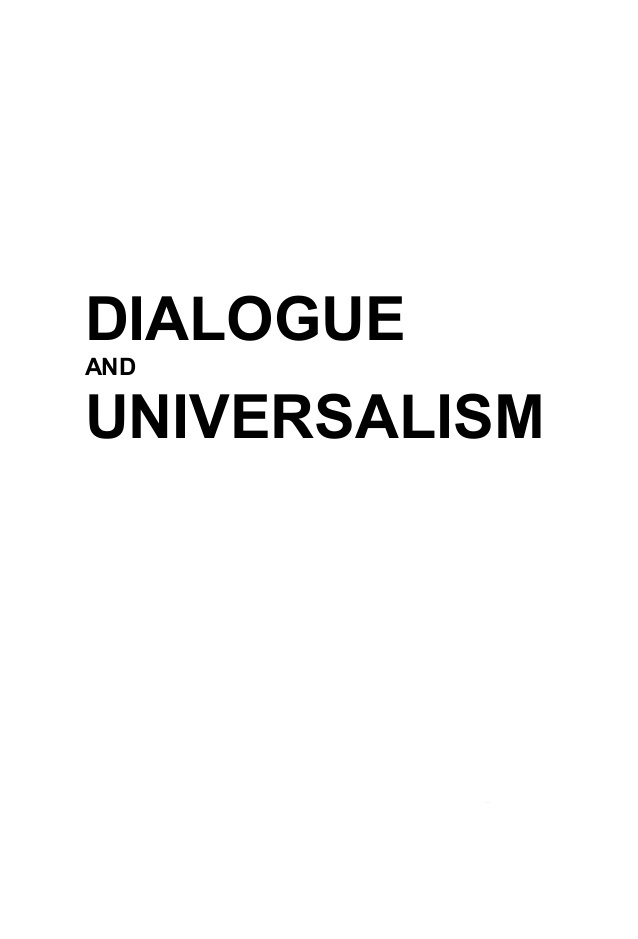PHENOMENOLOGY AND BUDDHIST PHILOSOPHY ON EMBODIED COGNITION
PHENOMENOLOGY AND BUDDHIST PHILOSOPHY ON EMBODIED COGNITION
Author(s): Hisaki HashiSubject(s): Philosophy
Published by: Instytut Filozofii i Socjologii Polskiej Akademii Nauk
Keywords: embodied cognition; Dōgen; Martin Heidegger; comparative reflection; philosophy in life.
Summary/Abstract: Contrary to Western philosophy, oriented to grasp and solidify the principles of es-sential being (ontos on), Buddhism seeks to understand the existence of human beings and the significance of suffering in human life. In East Asian languages human beings are described as inter-beings in that they are enveloped by the topos of life and death. Our life is bound to the moments of emerging and vanishing, being and non-being in an essential unity. Dōgen’s philosophical thinking integrated this conception with the em-bodied cognition of both the thinking and the acting self. In the phenomenological per-spective, early Martin Heidegger emphasizes that being is bound to a fundamental sub-stantiality which borders on the Abgrund falling into nothingness. According to Dōgen, the unity-within-contrast of life and death is exemplified in our breathing because it achieves a unity of body and cognition which can be called “corpus.” In a perfect con-trast, the essential Heidegger’s reflection grasps the fundament of being in the world, which represents the actualization of a thinking-being-unity. The goal of this compari-son is to grasp what is the essentiality of being, life, and recognition (jikaku 自覚), bounded to embodied cognition.
Journal: Dialogue and Universalism
- Issue Year: 2015
- Issue No: 3
- Page Range: 179-197
- Page Count: 19
- Content File-PDF

